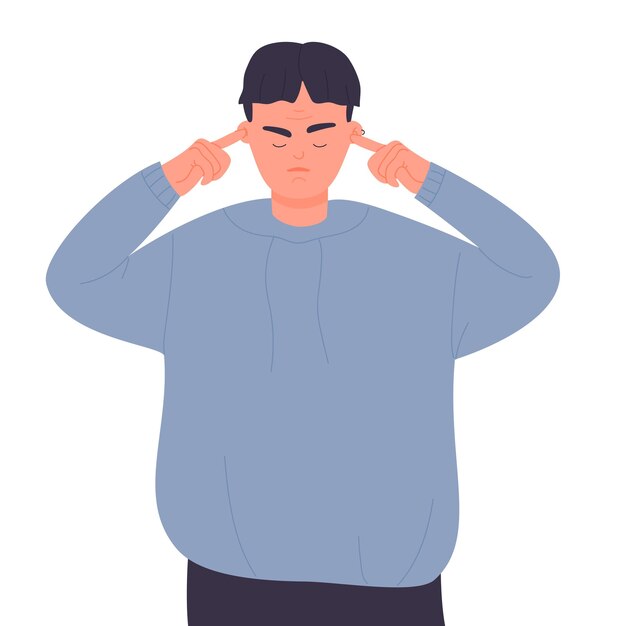Information has always played a vital part in our lives. Since the beginning we would trade stories and news gathered around the glow of a bonfire.
Later on we began to write down our thoughts and experiences, even to this day we spend a large portion of our days receiving and giving information; filing them away to be reviewed later on.
We consume information through books and social media, going to school everyday to review the information that people had once thought were relevant and had stored away for future people to know.
When the school bell rings we swarm outside to find others to trade the stories we have accumulated. At the end of the day, we turn to our phones, mindlessly scrolling for hours as we watch people talk about their favorite topic; themselves.
These days it is so easy to escape into the constant whirling circle of information, in your physical day-to-day life as well as in the glowing digital realm.
Everything from our wildest fantasies to our strangest obsessions. People from all over the world flock together to gush about the things they love, something that they might not be able to do with the people around them.
They meet people that they may not have been able to meet and get to see their world through their eyes.
With a world of information at our fingertips it also comes with a constant expectation to be the definition of “perfect”.
Everywhere we look we see people living golden lives traveling the world, bathing in money, and living a life that seems to be handed to them on a silver platter.
Through social media we have gained this unhinged sense of reality leading us to believe that everybody has it better than us no matter how good we have it because there will always be someone better.
The rise in depression rates can be directly tied to the hours people spend on their phones, averaging more than four hours a day. More than half that time is being spent on social media.
Although several attempts have been made to resolve this issue such as the brief ban of TikTok in the United States, people have instead chosen to turn their attention to another form of information.
Recently several thousands of books have been banned, targeting those that address gender identity and topics such as equity and discrimination.
Among those are popular books that highlight the social injustices that have plagued society such as the Diary of a Young Girl by Anne Frank, To Kill a Mockingbird by Harper Lee, and I Know Why the Caged Bird Sings by Maya Angelou among many more famous names.
These popular titles were banned as they depicted content such as homosexuality, racial themes, criticism to Christianity, among many other trivial matters.
More modernly written banned books include The Hunger Games by Suzanne Collins, The Giver by Lois Lowry, and many more dystopian books on account that they had anti-government themes and social critiques among many more ideas that are much more relevant to readers today.
As an avid reader, I love dystopian books, although I was always glad to finish them and come back to the real world where the horrors I read were just an author’s fantasy.
One thing that almost all of these dystopian books had in common was that information was kept away from people so that they would all share the same mentality and culture, ignorant of other ideas and different ways to think.
Information has always played a vital part of our lives, the more you have of it the better.
Ignorance is not bliss, it is simply emptying your mind and cowering into a corner, covering your ears as you will all of your troubles away.

